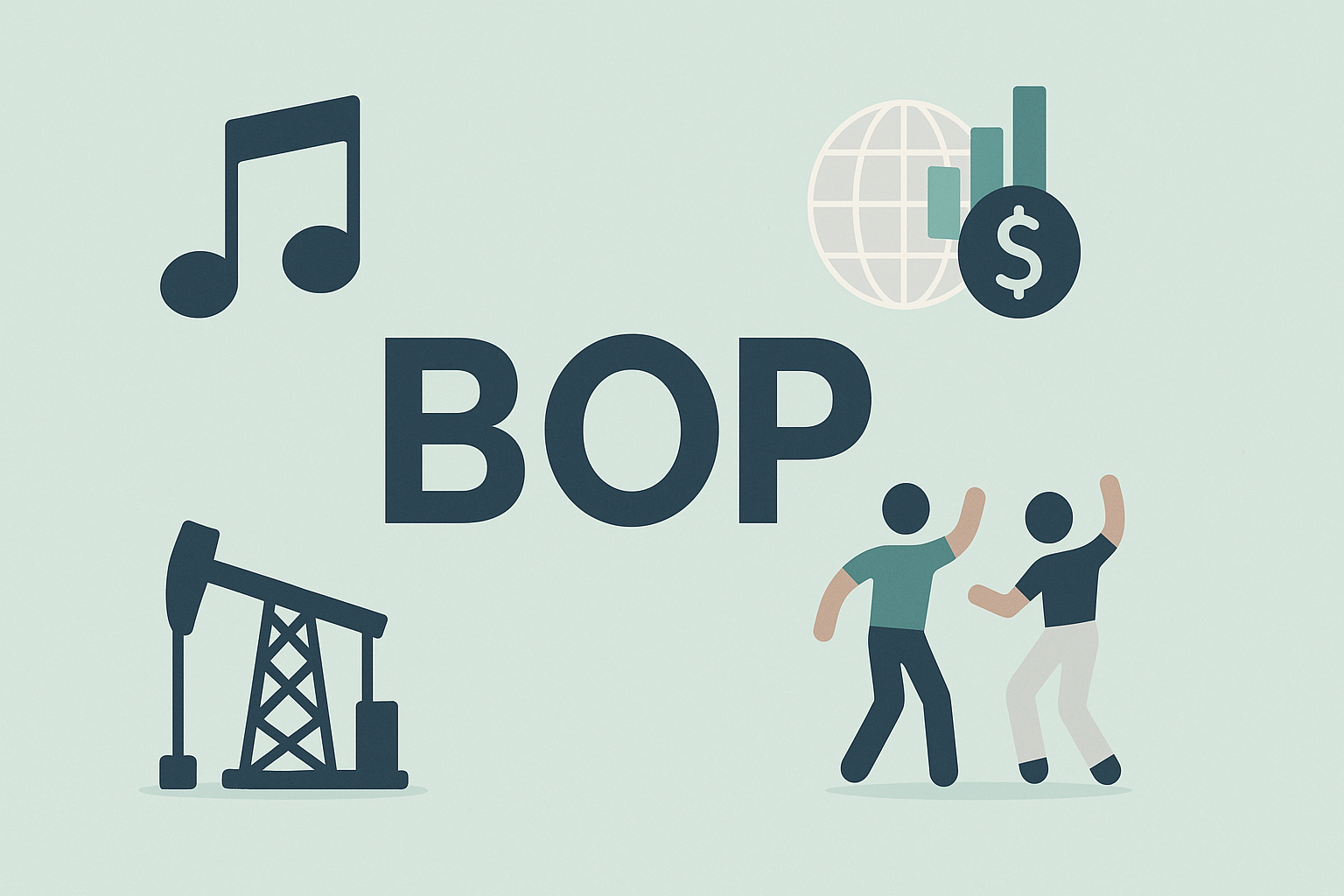Donald Trump has once again stepped onto the international stage with a flourish, announcing what he's calling a "Great deal" with Indonesia. The details? Well, those are apparently coming... sometime.
The former president took to his favorite megaphone—Truth Social—to trumpet the agreement, displaying his trademark flair for creating buzz without bothering with specifics. It's vintage Trump: all sizzle, with the steak to be served at some unspecified future date.
There's something fascinating about this approach to diplomacy. The announcement itself becomes the product, while the substance plays second fiddle—or sometimes doesn't show up to the concert at all. It's like those movie trailers that pack all the good parts into two minutes, leaving the actual film a disappointing afterthought.
In Trump's world, deals exist in this strange limbo—simultaneously "great" and completely undefined. I've seen this tactic used by certain Manhattan power brokers over the years: create public momentum around an agreement before anyone's actually agreed on what's in it.
The Indonesia connection raises eyebrows for obvious reasons. Trump's business interests there—the Trump International Hotel & Tower projects in Bali and Lido—have had their ups and downs over the years. So what exactly is this new "great deal"? A governmental framework? Something benefiting the Trump Organization directly? The announcement, conveniently, doesn't say.
Look, the timing here isn't accidental. With election season ramping up, projecting the image of international dealmaker carries obvious political currency. The announcement creates an immediate asset—the perception of diplomatic momentum—without requiring delivery of anything concrete. It's essentially a political futures contract with no settlement date.
I've covered enough of these pronouncements to recognize the pattern. Statements like these generate instant returns in media coverage and supporter enthusiasm, while any potential costs (if the deal disappoints or evaporates) get pushed so far down the road they might never come due. It's a remarkably asymmetric risk profile.
Indonesia itself deserves more attention than it typically gets in American foreign policy circles. As Southeast Asia's largest economy and home to nearly 280 million people, any meaningful economic partnership could significantly impact regional dynamics—particularly as a counter to China's expanding influence through its Belt and Road Initiative.
But without details? We're left with something resembling a promissory note of uncertain value.
This isn't exactly unfamiliar territory. Remember the "tremendous" trade deal with China that was perpetually two weeks away during Trump's presidency? Or the "beautiful" healthcare plan forever on the horizon?
(The cynical journalist in me can't help but note that the actual delivery rate on these grand announcements falls somewhat short of 100%.)
A rational observer might demand substance before assigning value to such pronouncements. But in today's attention economy, the announcement itself is the primary product—a self-contained media event that generates immediate value regardless of what follows.
There could, of course, be legitimate substance behind this Indonesian announcement. Perhaps energy deals, infrastructure projects, or defense arrangements are in the works. Having spent time in Jakarta during previous U.S.-Indonesia trade negotiations, I can attest that the potential for mutually beneficial partnerships is substantial.
But until those specifics emerge from the mist, what we have isn't really a deal—it's more like a rumor of a deal, trading at full value simply because someone with a large platform said it exists.
And in the marketplace of political promises... well, that's apparently enough.




